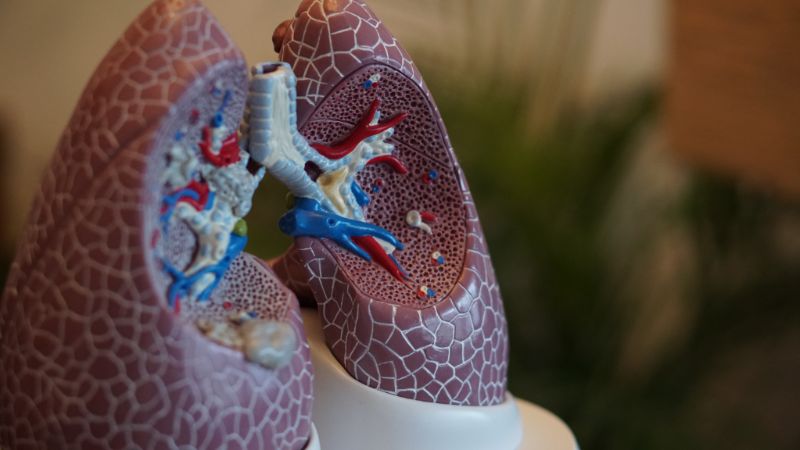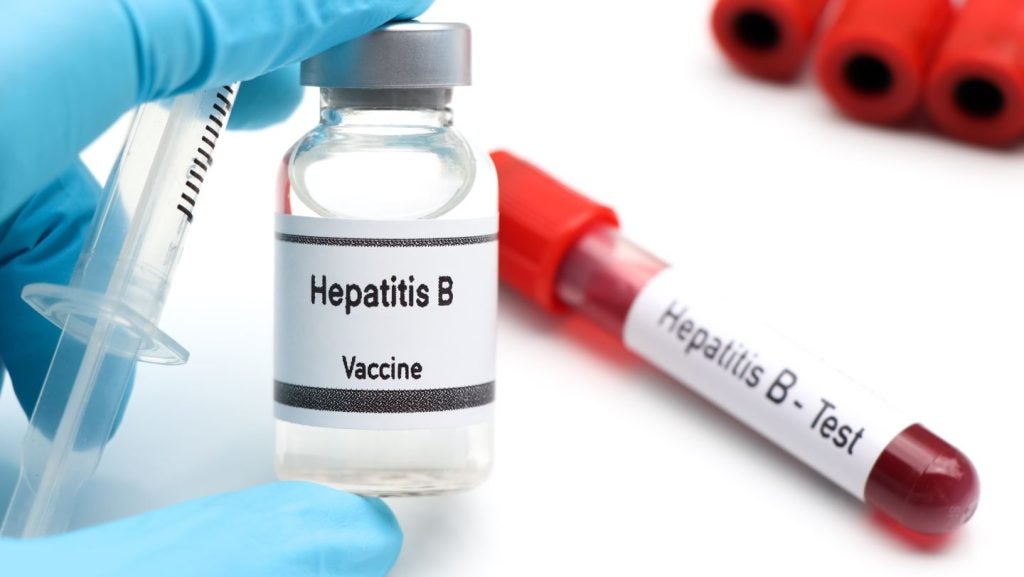
Merck (MSD) has reported positive results from the pivotal Phase III COUGH-1 and COUGH-2 clinical trials of gefapixant (MK-7264) to treat refractory or unexplained chronic cough.
Gefapixant is an experimental, oral, selective antagonist of the P2X3 receptor, which is present on sensory nerve fibers, mainly C fibers, in the airway lining.
The companion COUGH-1 and COUGH-2 studies assessed the safety and efficacy of the drug.
Data showed that adults on gefapixant 45mg twice-daily had a statistically significant reduction in 24-hour cough frequency compared to placebo at 12 weeks in COUGH-1 and 24 weeks in COUGH-2.
In addition, Merck said that the 15mg twice-daily dose of the drug missed the primary efficacy endpoint in both trials.
Merck Research Laboratories chief medical officer and global clinical development senior vice-president and head Dr Roy Baynes said: “COUGH-1 and COUGH-2 are the first companion Phase III trials in refractory or unexplained chronic cough, underscoring Merck’s commitment to fully researching the potential for gefapixant in this patient population.
How well do you really know your competitors?
Access the most comprehensive Company Profiles on the market, powered by GlobalData. Save hours of research. Gain competitive edge.

Thank you!
Your download email will arrive shortly
Not ready to buy yet? Download a free sample
We are confident about the unique quality of our Company Profiles. However, we want you to make the most beneficial decision for your business, so we offer a free sample that you can download by submitting the below form
By GlobalData“Both trials met the primary endpoint at the 45mg twice-daily dosage, significantly reducing cough frequency in these patients, and we are grateful for the opportunity to share these data with the scientific community.”
The international, randomised, double-blind, placebo-controlled COUGH-1 and COUGH-2 studies involved a total of 2,044 participants.
Apart from the primary efficacy outcome measure of 24-hour cough frequency, the trial evaluated secondary endpoints, such as awake coughs per hour and a greater than 1.3-point rise in the Leicester Cough Questionnaire (LCQ) total score.
Awake cough frequency results were found to be generally similar to the 24-hour cough frequency outcome, demonstrating statistical significance with the 45mg twice-daily dose COUGH-2 and trending towards significance in COUGH-1.
In the 45mg group, 77.1% of participants achieved a clinically relevent improvement in their quality of life related to cough, as determined using the LCQ.
Furthermore, the safety and tolerability profile of gefapixant was observed to be consistent with previous study data.
In June this year, Merck reported positive results from two Phase III trials of its investigational 15-valent pneumococcal conjugate vaccine, V114.






